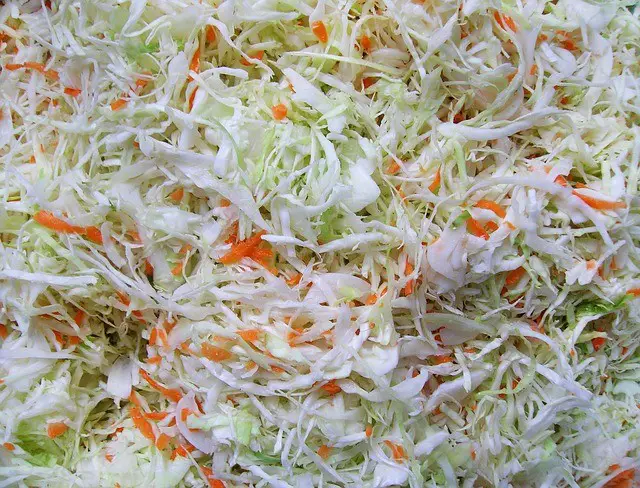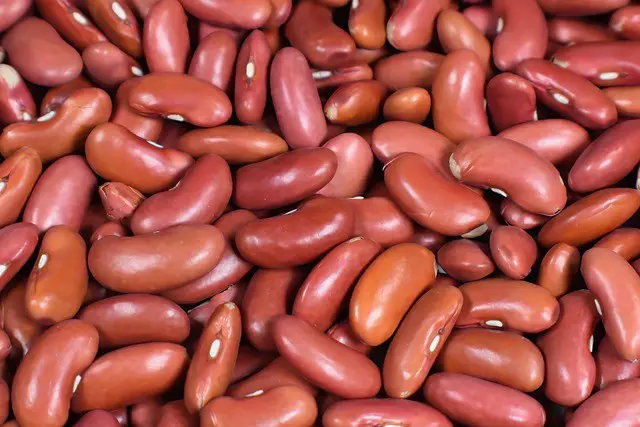Eating the right food on a low-carb diet is important to ensure you do not exceed carb limits. With most carbs being prohibited, we need to take a step back and look at alternatives that will not affect our blood sugar.
On a keto diet, counting carbs is essential. You have to know the number of net carbs (digestible carbs) you consume to avoid being kicked out of ketosis. You will get net carbs by subtracting dietary fiber from total carbs.

Fermented foods are recommended on every diet, including the keto diet due to their numerous health benefits. Greek yogurt, kombucha, kefir, kimchi, tempeh, and sauerkraut are examples of fermented foods allowed on the keto diet.
Today, allow me to draw your focus to one of them, sauerkraut. We will look at what sauerkraut is, how many carbs are in sauerkraut, and why you should eat sauerkraut and keto sauerkraut recipes. So, let’s answer, is sauerkraut keto?
What is Sauerkraut?
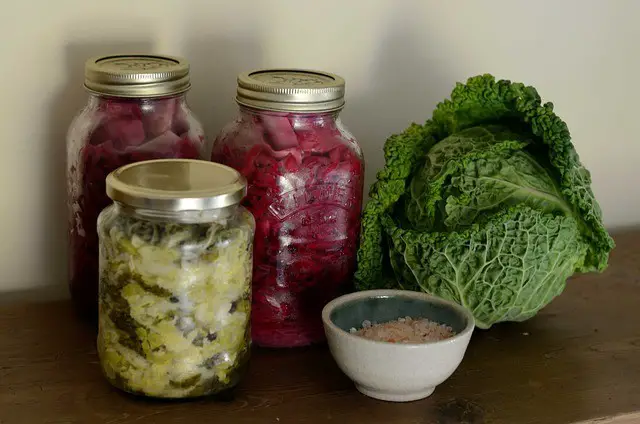
Sauerkraut is 2000 years old, having originated in Asia in the 13th Century. Simply put, it is fermented cabbage. The name is of German origin. You can make sauerkraut using different varieties of shredded cabbage.
It has a tangy taste, like sour cabbage, because of the fermentation process it undergoes when making it. The fermentation process is made possible by the lactic acid bacteria. The lactic acid produced is what gives your sauerkraut its flavor and shelf life.
Sauerkraut works as a great side dish or condiment. Like other sides, it is best eaten in small quantities a week.
How Many Carbs in Sauerkraut?
When a portion of food is declared keto-friendly, the first question people ask is what are the net carbs in sauerkraut? What are its total carbs and fiber count? Is sauerkraut keto? Let’s find out!
Sauerkraut Nutrition Facts
According to the USDA, this is the nutritional information for an entire cup of sauerkraut:
- Energy: 56 kcal
- Water: 126 g
- Total carbs: 5.82 g
- Dietary fiber: 3.92 g
- Sugars: 2.42 g
- Net carbs: 1.5 g
- Protein: 1.26 g
- Total fat: 3.54 g
- Total saturated fat: 1.5 g
- Iron: 1.99 mg
- Calcium: 42 mg
- Vitamin C, total ascorbic acid: 17.9 mg
- Folate: 30.8 µg
- Retinol: 33.6 µg
- Lutein+zeaxanthin: 400 µg
- Vitamin E, alpha-tocopherol: 0.518 mg
Taking a look at the nutritional information, is sauerkraut keto?
Can You Eat Sauerkraut on a Low-Carb Diet?
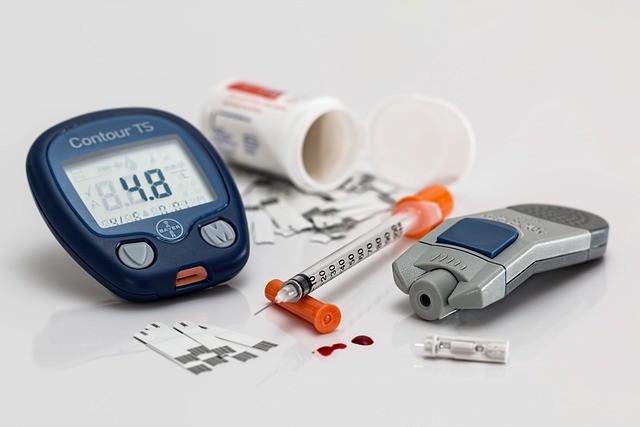
Is sauerkraut keto-friendly? Yes. One cup of sauerkraut has only 1.5 grams of net carbs. Considering the amount of keto sauerkraut people consumes, you can stay well within your carb limit on the keto diet.
The glycemic index of sauerkraut is 32 and the glycemic load is 0.8, which qualifies it as low carb. Go ahead and enjoy sauerkraut on your keto diet without worrying that it will spike your blood sugar.
Does Sauerkraut Have Carbs and Sugars?
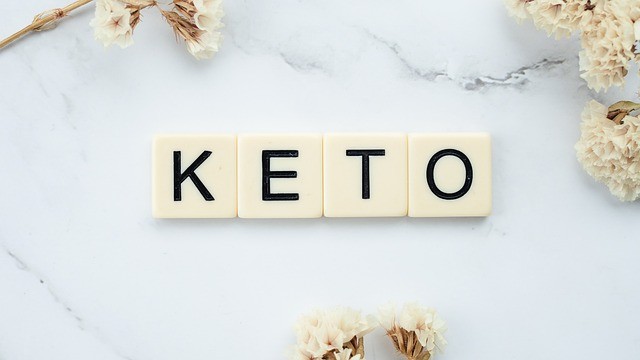
We have already answered the question, is sauerkraut keto? And looking at how many carbs are in sauerkraut, you can tell that most of its calories come from carbohydrates. Sauerkraut contains fiber and sugars only as the types of carbs in this fermented food.
A 100 g serving of sauerkraut contains 4.16 g of total carbs, 2.8 g of dietary fiber, and 1.73 g of sugar.
What are the Health Benefits of Sauerkraut?
Other than how many net carbs are in sauerkraut, what other health benefits can people enjoy from eating sauerkraut?
Weight Loss
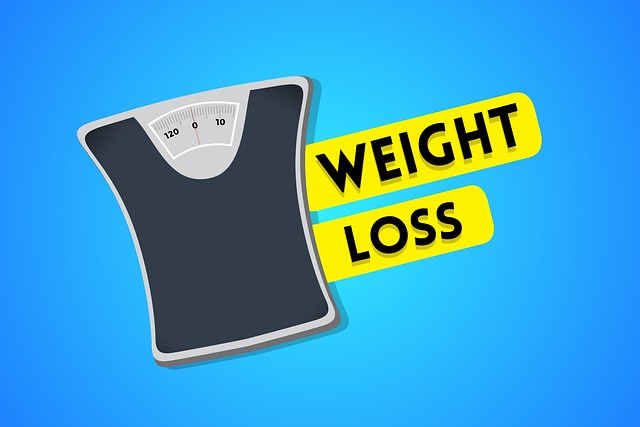
Consuming sauerkraut can help you with losing weight. This is because sauerkraut is low carb, meaning the amount of glucose in your blood will be low, and insulin levels will drop. This means your body will be triggered into ketosis, promoting the burning of fat.
Studies have shown that probiotics can help promote fat loss and reduce belly fat. A study investigating the effects of Lactobacillus bacteria on body adiposity and gut microflora showed that probiotics could alter energy metabolism and body composition.
Consuming foods containing Lactobacillus amylovorus can lead to a 4% decrease in body fat and consuming Lactobacillus fermentum can lower total body fat by 3%.
Improves Prebiotics
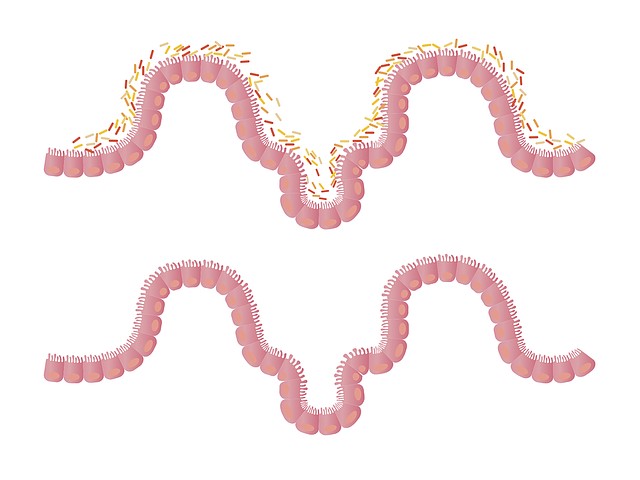
Sauerkraut contains prebiotics that improves the growth of good microbiota which makes sauerkraut good for your gut health. Studies have shown that the fermentation of fruits and vegetables by the lactic acid bacteria enhances many health benefits of food. Moreover, it increases shelf life, nutritive value, and flavor and reduces the number of toxins in food.
Builds Immune System

Probiotics promote the immunity of an individual. They reduce the number of toxins and harmful bacteria in your body. After consuming antibiotics to get rid of harmful bacteria, probiotics can help restore the homeostasis of gut microbiota.
Probiotics can help improve the symptoms of Crohn’s disease, inflammatory bowel disease, irritable bowel syndrome, and ulcerative colitis. They can also improve diarrhea, bloating, constipation, and gas, all thanks to the beneficial bacteria in sauerkraut.
High intake of carbohydrates increases inflammation which leads to disease development. Lowering carb intake reduces the risk of disease development, and further improves immunity.
Reduces Gas Production
If you get gassy from consuming raw cabbage, consider steaming it or eating it fermented. The fermentation process alters how many carbs in sauerkraut, which will lower gas production.
Improve Absorption of Nutrients
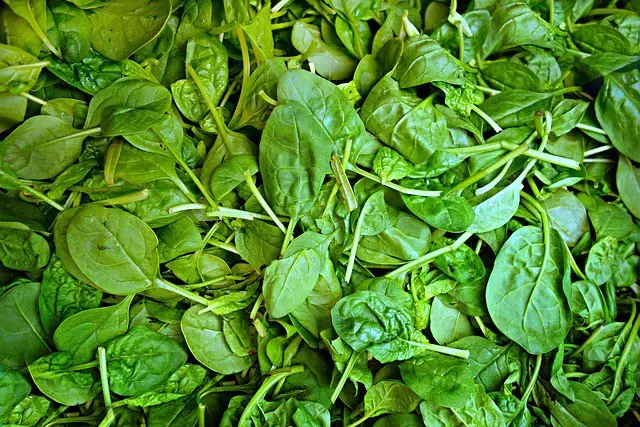
Fermented products make your gut a good environment for healthy probiotics. In turn, these healthy probiotics improve digestion and absorption of some nutrients like minerals and vitamins. Phytates and polyphenols in vegetables can increase the absorption of iron in the body.
Lactic acid produced during fermentation also promotes the absorption of some nutrients in the body.
Eating sauerkraut also increases the bioavailability of some phytonutrients. It removes anti-nutrients which reduce the absorption of good nutrients that are essential for your body.
Improves Digestion
When you eat sauerkraut, your body produces acetylcholine in high amounts which promotes bowel movements and increases the production of digestive juices and enzymes by the pancreas which Improves your digestion.
Anti-cancer Properties
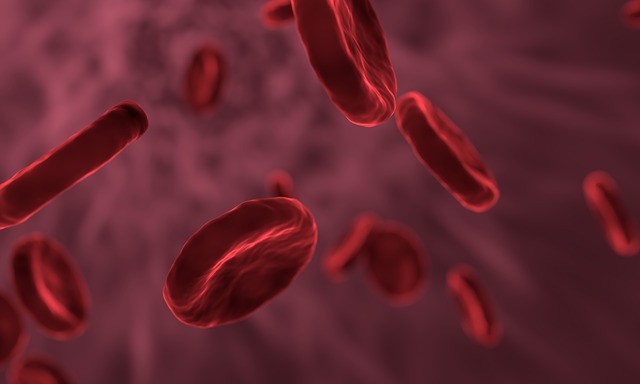
Research that has been done on cabbage and sauerkraut has shown that it has anti-cancer properties. A study was done to investigate the effects of cabbage and sauerkraut juices on the expression profile of the estrogen metabolism key enzymes in breast cancer.
The effects were compared to those of indole-3-carbinol and 3,3′-diindolylmethane (DIM). The results showed the potential of white cabbage products as chemo preventive treatments.
Another review assessed the mechanism of action of a high intake of white cabbage in lowering risks of neoplastic diseases like cancer of the breast, lungs, prostate, and stomach. The phytochemicals and bioactive components in cabbage have been linked to these anticarcinogenic benefits of keto sauerkraut.
Improves Electrolyte Balance

One issue that arises when you start your keto journey is electrolyte imbalance. This is because your body tries to get rid of ketone bodies through urine, which makes you lose electrolytes in the process.
The good news is keto sauerkraut contains high sodium which can be helpful for a low-carb diet. Is sauerkraut low-carb? Yes, and it also comes with the advantage of regulating electrolytes in your body.
Nutrient Dense

According to sauerkraut nutritional facts, sauerkraut is a gold mine of minerals! Other than being keto-friendly, a large bowl of sauerkraut can provide you with vitamins like vitamin C and vitamin K1 and minerals like potassium, zinc, and magnesium.
All these vitamins combine to work their magic in your body giving sauerkraut its many health benefits. Vitamin K1 is a fat-soluble vitamin that plays a big role in blood clotting. Vitamin C is an antioxidant that reduces inflammations lowering the risks of developing diseases and improving the immune system. Sauerkraut gives you 10 times the amount of vitamin C that your body needs.
Sauerkraut consumption spikes vitamin K2 which helps in mobilizing calcium from the soft tissues and arteries to your bones. This will prevent the accumulation of calcium in the wrong places. Vitamin K2 also increases energy because it strengthens mitochondria. Fermented foods, dairy products, and fatty animal products are rich sources of vitamin K2.
Now top this all up with probiotics, a whole bowl of healthy!
How Do You Make Homemade Sauerkraut?
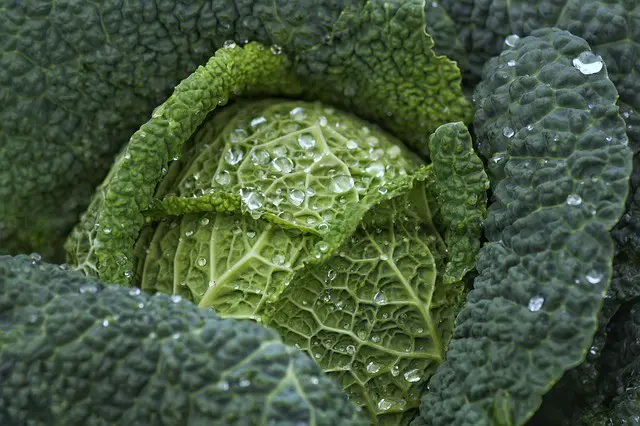
Okay, I know I have hyped sauerkraut today and you’re wondering, how can I make my sauerkraut? You know me, I wouldn’t sing the praises of this low-carb dish and not tell you how to make it. Plus, considering how many carbs in sauerkraut, it is a must-have on a keto diet!
Simple Recipe for Keto Sauerkraut

Is sauerkraut keto-friendly? Yes, and it is super easy to make a recipe with a burst of flavor for any sour tooth to enjoy.
Ingredients
- 1 head cabbage
- I teaspoon coriander seeds
- 1 teaspoon of pink salt
Directions
- Wash your cabbage and shred them into thin pieces.
- Place your shredded cabbage in a large bowl and add salt and coriander seeds.
- Squeeze the liquid out of your cabbage using a meat hammer. The salt you added should make this easier.
- Place the cabbage in a clean mason jar, press it down into the jar, and allow the liquid to rise on top of the cabbage. Let the liquid be an inch from the top of your jar to allow for expansion.
- Cover with a tight lid and allow to ferment for 3 days at room temperature. After 3 days, give your sauerkraut a taste and if the flavor is to your liking, you can refrigerate it. For a tangier taste, a ferment for more days.
I’ve given you the sauerkraut recipe, but I’ll take it up a notch and give you keto recipes so you can add sauerkraut for an explosive pop of flavor to every dish.
Keto Sauerkraut Recipes
Here are keto recipes the whole family can enjoy:
Keto Sauerkraut and Sausage Balls Recipe

This can work well as a side dish, snack, and appetizer. This combination of meat and sauerkraut will keep your grams of net carbs low while increasing your fat intake. Let’s get balling!
Ingredients
- 1-pound ground beef sausage
- 1/4 cup Swiss cheese
- 1 cup sauerkraut
- 3 tablespoon coconut flour
- 1/4 tablespoon minced garlic
- 1 tablespoon butter
- 1 egg
- Himalayan salt to taste
Directions
- Preheat your oven to 375 F.
- Line your pan with a baking sheet.
- Fry your ground beef sausage till cooked, then your sauerkraut until the moisture evaporates and it’s dry.
- In a bowl, mix all your ingredients and then roll the mixture into sausage balls.
- Place your sausage balls on the baking sheet and bake for 15 to 20 minutes or until golden brown.
Keto Reuben

This is one of the healthy recipes most keto dieters enjoy. So how do you make this dish? Here’s the recipe as promised! Disclaimer: This recipe allows you to enjoy a sandwich in the form of a casserole!
Ingredients
- 1 head cauliflower
- 1/2 cup olive oil
- Pink salt and pepper to taste
- 1 cup sauerkraut
- 1 cup melted Swiss cheese
- Corned beef
- 1 tablespoon caraway seeds
Directions
- Toss salt and pepper into your cauliflowers, place on the baking pan, and bake your cauliflowers until brown.
- Spread your cauliflower at the bottom of your baking dish, then top with melted cheese, corned beef, sauerkraut, and caraway seeds. Your cheese should be the topmost layer.
- Bake your casserole until your cheese melts and browns.
- Serve while hot.
Alright, I hope you will give my sauerkraut recipe and other keto recipes a shot!
When Should You Not Eat Sauerkraut?

Pregnant women or any individual with compromised immunity should avoid eating unpasteurized sauerkraut. This is because it is rich in bacteria and when your immunity is compromised it increases your risk of developing a bacterial infection.
Patients consuming monoamine oxidase inhibitors (MOIs), best known as anti-depressant should avoid eating sauerkraut. If you are hypertensive, you should also be careful with consuming sauerkraut because of its high sodium content. Speak to your doctor before incorporating sauerkraut into your diet.
Individuals suffering from small intestinal bacterial overgrowth (SIBO) because these patients already have a lot of bacteria in their small intestine instead of their large intestine, so eating high-fiber and probiotic-rich foods will increase the number of the microbiome in your small intestine, leading to bloating.
Should Diabetics Eat Sauerkraut?
Diabetics can eat sauerkraut but be careful about the amounts you consume in one sitting. A cup of sauerkraut contains 923 mg of sodium. You would normally consume a quarter cup as a side which will provide 360 mg of sodium. The American Heart Association recommends consuming 1,500 mg of sodium per day for diabetics, so this amount gives you more than one-fifth of your recommended intake.
Sauerkraut will not affect your sugars because it is low carb and is a low glycemic index food. The only concern to look at is its sodium content. The other thing to look out for is the acidity of this food. Most diabetics suffer from acid reflux so it may not be too smart to pack on large amounts of acidic sauerkraut. Kimchi and kefir are less acidic fermented foods you can enjoy if you suffer from gastroesophageal reflux disease (GERD).
My suggestion spread out your sauerkraut throughout the day instead of eating the whole quarter cup in one sitting. However, in small amounts, you don’t have to worry about it spiking your sugars. It is a low-carb food after all so it will keep you in ketosis!
Bottom Line
Sauerkraut is a great addition to your keto foods considering what it can do to your gut and how many carbs in sauerkraut. Take advantage of not only the flavor but the benefits it can have to your overall health. You can have sauerkraut without worrying about its effects on your blood sugar since it is a low glycemic index food.
What about sauerkraut do you like most? How do you incorporate sauerkraut into your keto recipes? Let me know in the comment section!

